Industrial pumps are integral to modern manufacturing processes. They perform the crucial function of transporting liquids, gases, and slurries within various industries. Without these pumps, many operations across chemical, pharmaceutical, food processing, and other industrial sectors would cease to exist.
1. Ensuring Efficient Fluid Transport
Industrial pumps are primarily responsible for transporting fluids within manufacturing systems. Whether it’s moving chemicals, oils, slurries, or water, pumps provide the necessary flow and pressure to transport materials from one stage of the production process to another. In industries like chemical manufacturing, oil and gas, or food processing, the continuous flow of materials is critical for productivity and process stability.
Importance of Fluid Transport
In many manufacturing operations, the smooth transportation of fluids ensures that raw materials are processed in a timely manner, leading to better productivity and output. Pumps are designed to move large volumes of fluid at various flow rates, which is essential for industries where precise control over the volume and speed of fluid transport is needed. For example, in chemical processing, accurately controlling the flow of reagents is necessary to ensure the correct chemical reactions and prevent hazardous situations.
Fluid transport is essential for the blending, mixing, or cooling of materials. For example, in the pharmaceutical industry, pumps ensure that liquids are blended correctly to form medicinal compounds or vaccines, with precise dosing required for accurate formulations.
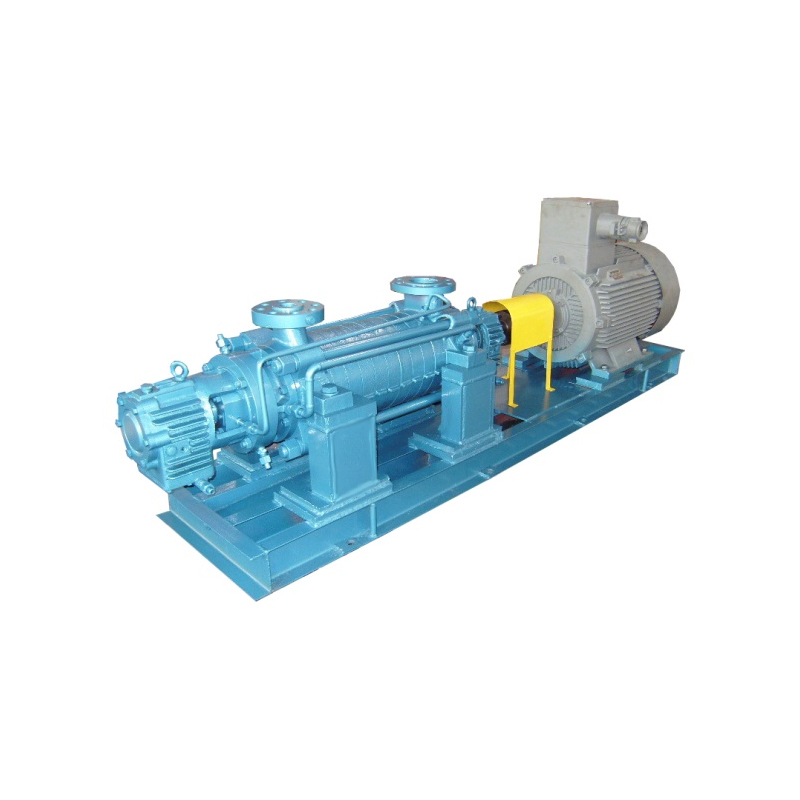
2. Enhancing Process Automation
The role of industrial pumps in process automation cannot be overstated. Modern manufacturing heavily relies on automation to streamline production, reduce labor costs, and improve consistency. Pumps, especially those integrated into automated systems, regulate and control the flow of fluids based on real-time data. This means that pumps are capable of adjusting their flow rates or pressures according to the needs of the system without requiring manual intervention.
The Role of Automated Pumps in Manufacturing
Automated pumps can significantly increase the efficiency of manufacturing operations. Through integration with sensors and control systems, pumps can monitor parameters such as pressure, flow rate, and temperature, ensuring that the system operates within optimal conditions. Automated systems can also alert operators to irregularities or failures, enabling predictive maintenance and reducing the risk of equipment breakdowns.
For example, in a bottling plant, pumps can be automated to precisely measure and deliver a set amount of liquid to each bottle on the production line. By adjusting the flow rate in real-time based on the fill level of each bottle, the system minimizes waste and maximizes productivity.
Furthermore, smart pumps are increasingly becoming part of the Internet of Things (IoT) infrastructure in industrial settings. With IoT-enabled pumps, manufacturers can monitor pump performance remotely, track energy consumption, and perform diagnostics to improve overall system efficiency.
3. Providing Reliable Cooling Systems
Cooling is a critical component in many industrial processes, especially in industries such as metalworking, power generation, and electronics manufacturing. Industrial pumps are responsible for circulating cooling fluids such as water or oil to regulate the temperature of machinery, reactors, and production equipment. In the absence of these pumps, machinery could overheat, leading to production delays, system failures, or even hazardous situations.
How Cooling Systems Work with Pumps
In manufacturing processes that involve high-temperature machinery, pumps circulate coolant fluids to absorb excess heat and transfer it away from the machinery. For instance, in the metalworking industry, cooling pumps ensure that metal pieces do not overheat during the molding, forging, or casting processes. Similarly, in power plants, cooling pumps circulate water through heat exchangers to prevent overheating of generators and turbines.
Reliability in cooling systems is paramount. Pumps in these systems are designed to handle high temperatures and maintain constant flow rates to ensure cooling is continuous, even during periods of heavy operation. Industrial-grade pumps used for cooling often include features like corrosion-resistant materials and high pressure capabilities to withstand extreme operating conditions.
4. Facilitating Wastewater and Chemical Treatment
In any industrial manufacturing process, the treatment of wastewater and effluents is essential for compliance with environmental regulations. Industrial pumps are integral to this process, enabling the transportation of waste liquids, chemicals, and slurries to treatment facilities. These pumps are specifically designed to handle hazardous, corrosive, or abrasive materials that would otherwise be difficult or impossible to transport using conventional pumps.
Wastewater Treatment and Chemical Handling
In industries like oil refining, chemical processing, and food production, wastewater and chemicals are byproducts that must be treated before being released into the environment. Industrial pumps facilitate the movement of these byproducts to treatment facilities, where they are filtered, neutralized, or treated to meet environmental standards.
For instance, in a wastewater treatment plant, pumps move water and sewage from various stages of the treatment process, such as aeration, filtration, and chemical dosing. Chemical handling pumps are also crucial in industries where dangerous chemicals are used. Pumps must be resistant to corrosion, abrasion, and pressure changes to safely transport hazardous substances.
5. Improving Operational Safety
Industrial pumps play an important role in improving safety within manufacturing operations. In many cases, pumps are used to transfer hazardous liquids, gases, or slurries. For instance, in the oil and gas industry, pumps are used to transport crude oil or natural gas, which are highly flammable. Similarly, in chemical manufacturing, pumps move dangerous chemicals that could pose risks to workers if mishandled.
Safety Features of Industrial Pumps
To ensure safety, industrial pumps are designed with various safety features. Explosion-proof motors, pressure relief valves, and leak detection systems are common features that prevent accidents and protect workers. These pumps are built to handle high-pressure and high-temperature materials, ensuring that they can operate without risk of failure. Pumps that handle flammable or toxic fluids are often equipped with features like seals, heat exchangers, and automatic shut-off mechanisms to prevent spills and leaks.
Common Safety Features in Industrial Pumps
| Safety Feature | Description |
|---|---|
| Explosion-proof motors | Motors designed to operate without causing sparks or fires. |
| Pressure relief valves | Automatically release pressure to prevent pump failure or rupture. |
| Leak detection systems | Sensors that detect leaks and alert operators to prevent spills. |
| Seal protection systems | Prevent leakage of hazardous materials into the environment. |
6. Supporting Energy Efficiency
Energy efficiency is a growing concern in manufacturing, and industrial pumps are at the forefront of these efforts. Pumps often consume a significant portion of energy in industrial processes, and optimizing their performance can lead to substantial cost savings. Modern pumps are designed to be energy-efficient, ensuring that they operate with minimal power consumption while maintaining high performance.
How Pumps Contribute to Energy Savings
One way that pumps contribute to energy efficiency is through variable speed drives (VSDs). VSDs adjust the speed of the pump motor based on the required flow rate, allowing for significant energy savings. By operating at the optimal speed for the task at hand, pumps use less power and reduce overall energy consumption.
Moreover, advancements in pump design, such as the use of low-friction materials and more efficient impeller designs, have also contributed to energy savings. When pumps are well-maintained and operate at their peak efficiency, they help reduce energy costs and contribute to more sustainable manufacturing practices.
7. Customizing Solutions for Diverse Applications
The versatility of industrial pumps allows them to be customized for a wide variety of manufacturing applications. Different industries have unique requirements depending on the materials being processed, the operating conditions, and the desired outcomes. Industrial pumps can be designed to handle fluids with specific characteristics such as viscosity, temperature, or corrosiveness, ensuring that each application is addressed with a tailored solution.
Tailoring Pumps for Specific Needs
For example, in the food processing industry, pumps are designed to handle food-grade liquids without contamination. These pumps are built from non-toxic, corrosion-resistant materials to ensure that the product remains safe and high-quality. Similarly, in the mining industry, slurry pumps are used to transport thick mixtures of water and ore. These pumps are designed to withstand the abrasiveness and high viscosity of the material being moved.
Customized pumps also enable manufacturers to optimize their production lines by ensuring that pumps are correctly sized for the specific fluid properties and flow rates required. This minimizes energy consumption and wear on equipment, ultimately extending the lifespan of both the pump and the system as a whole.


 English
English русский
русский عربى
عربى

.jpg)
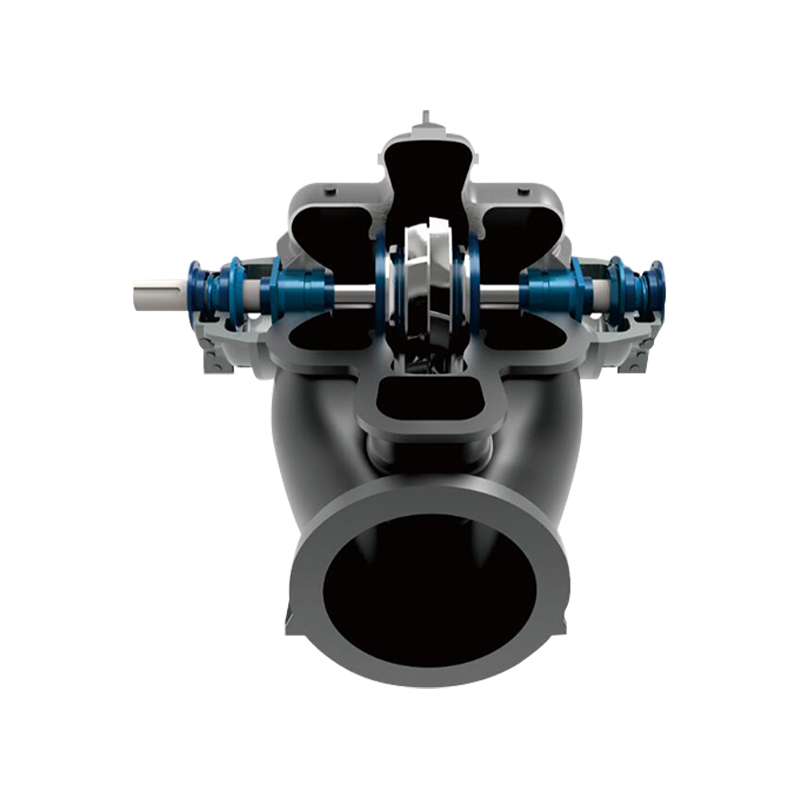
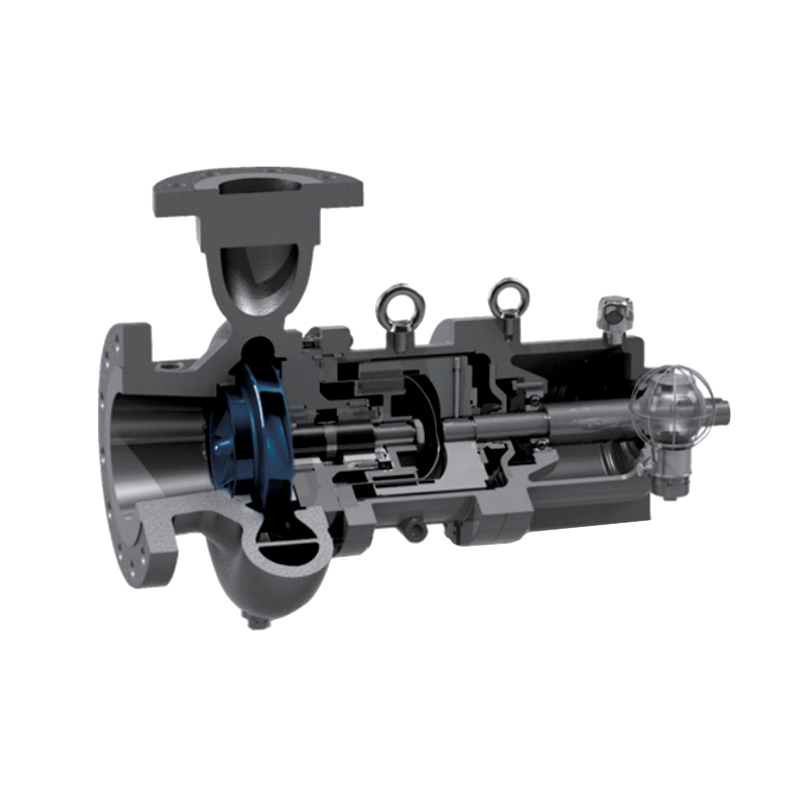
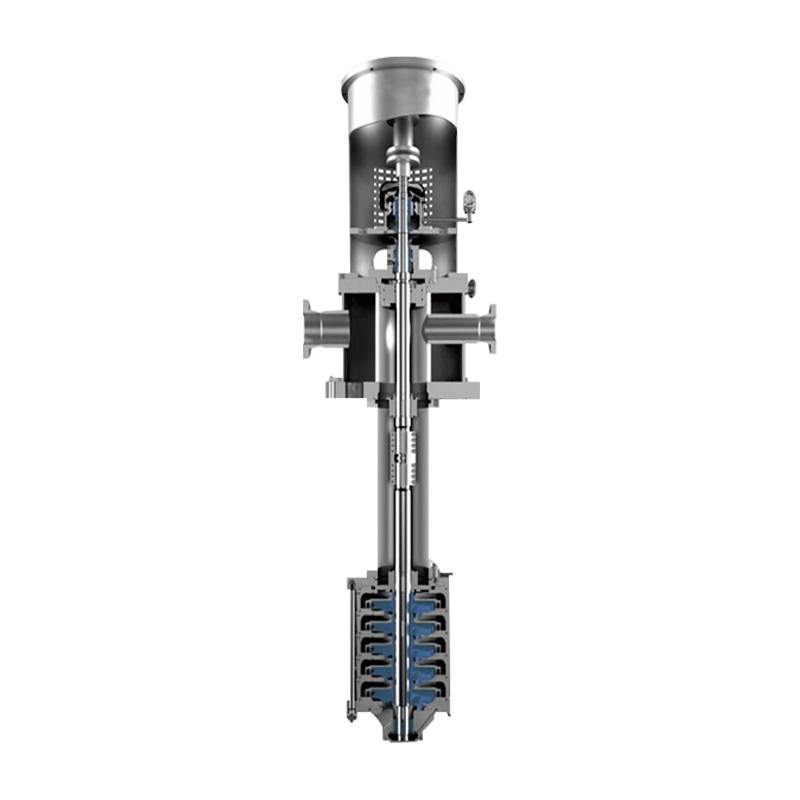
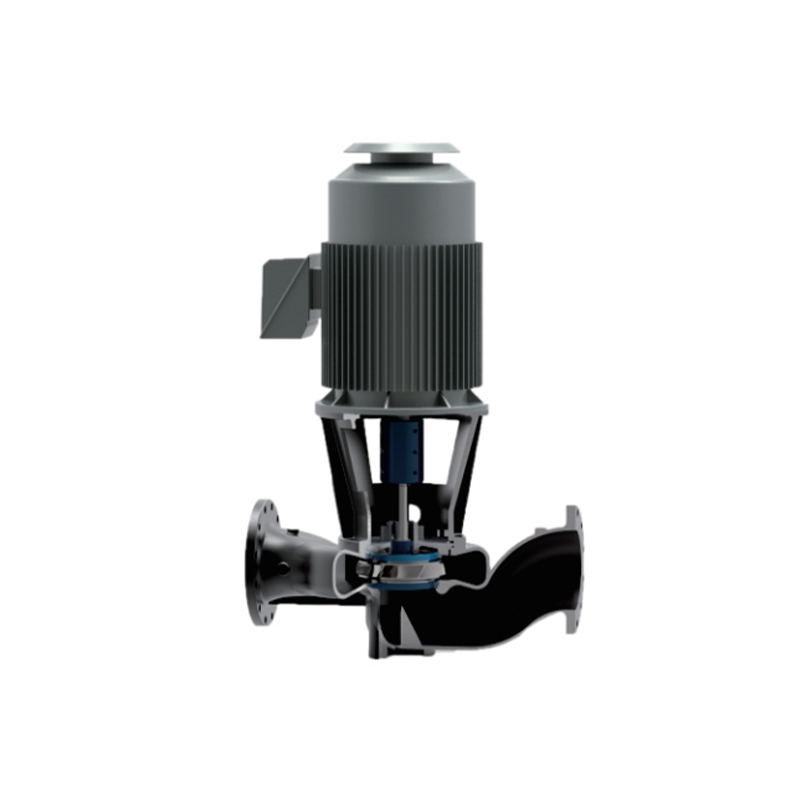

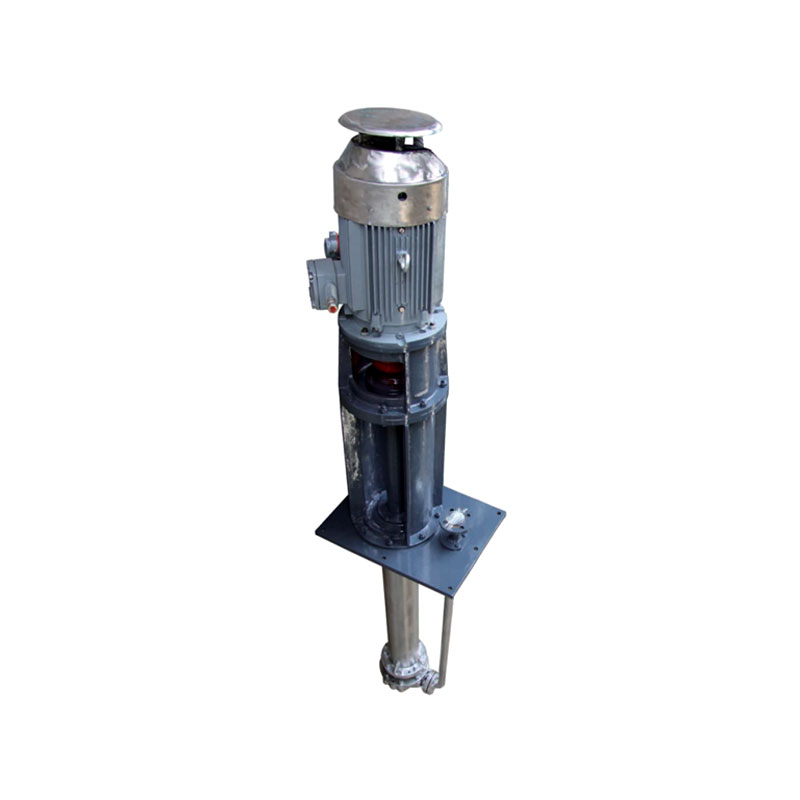
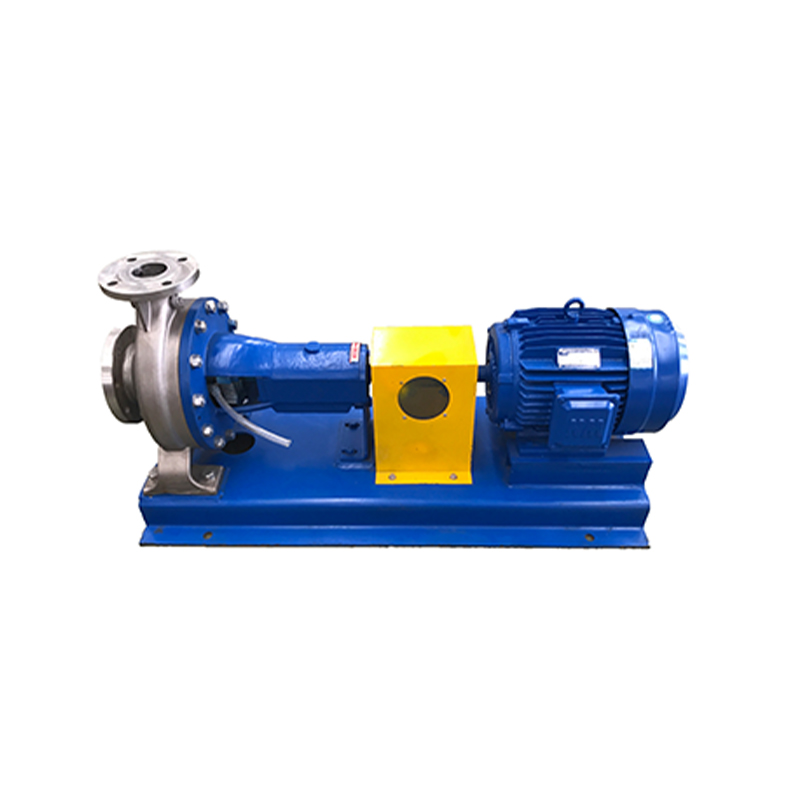

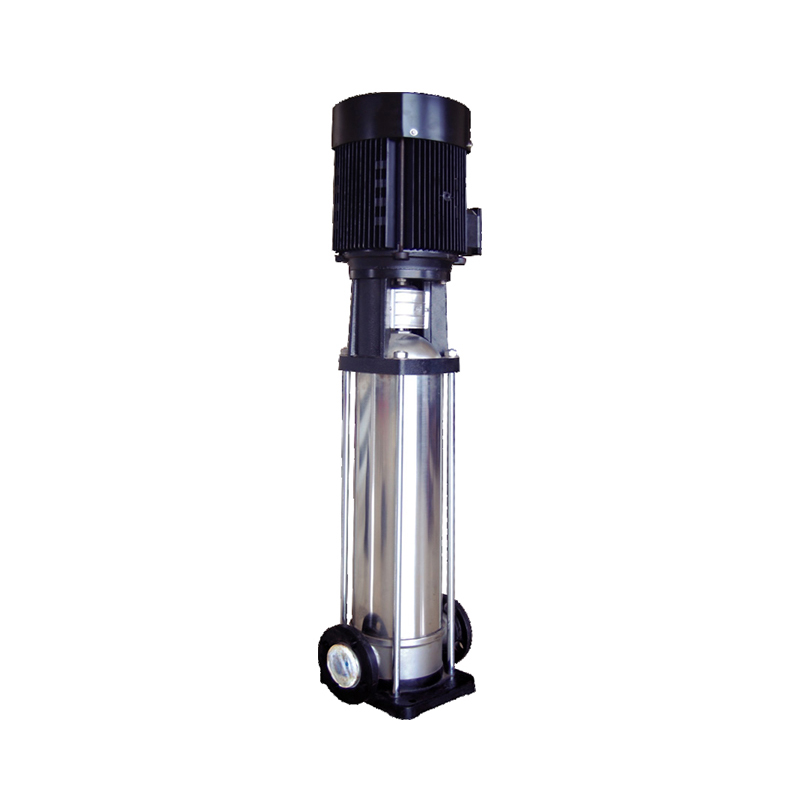






 ENG
ENG

 TOP
TOP